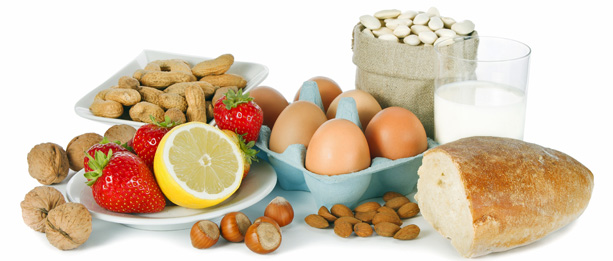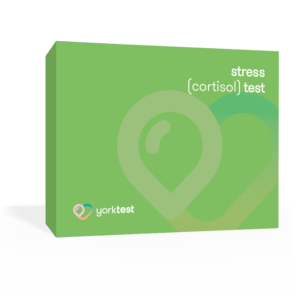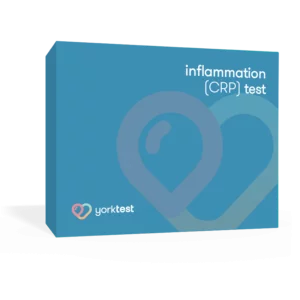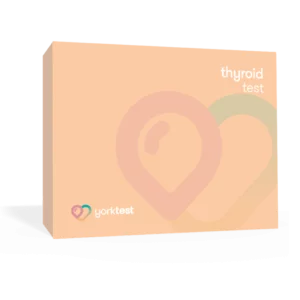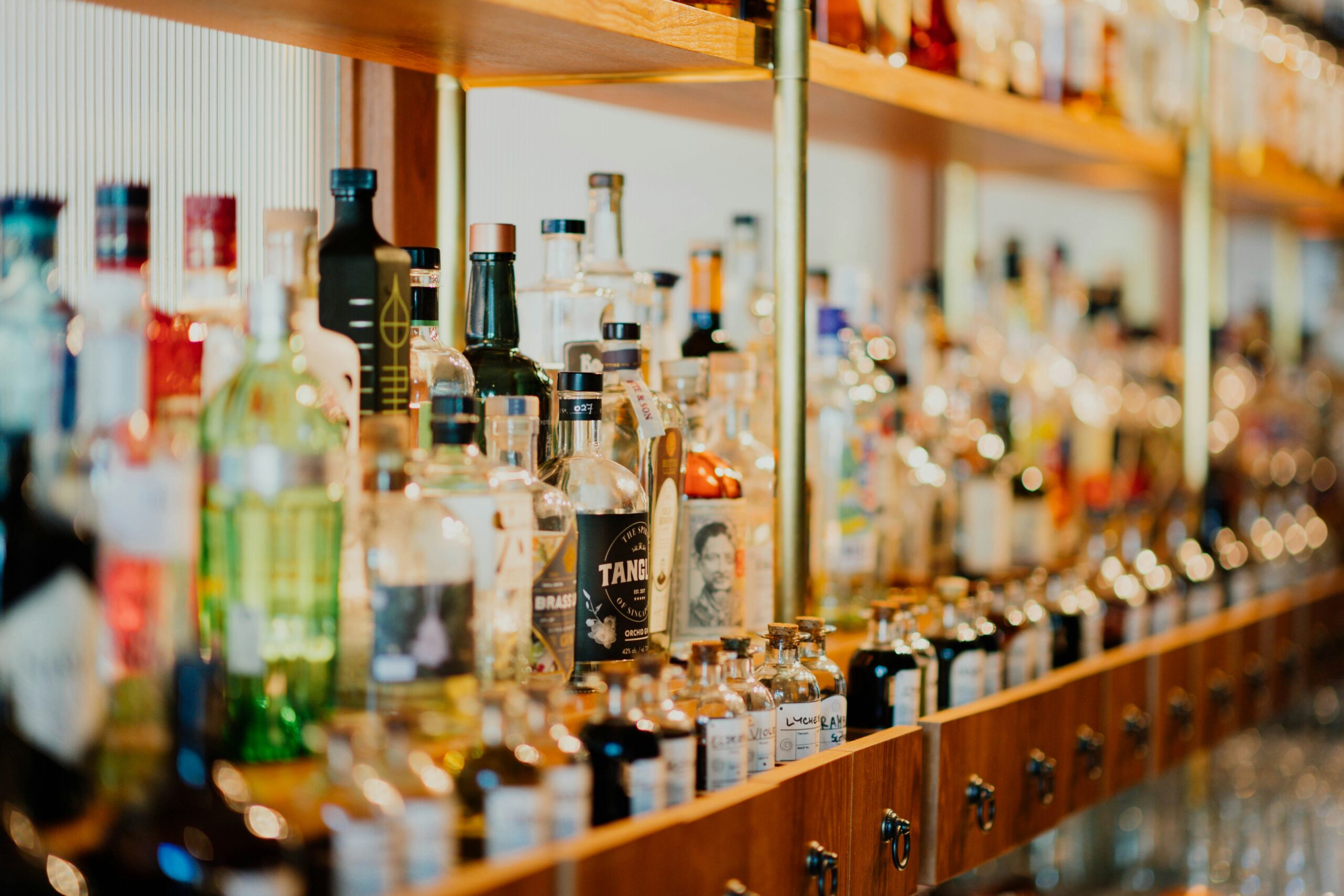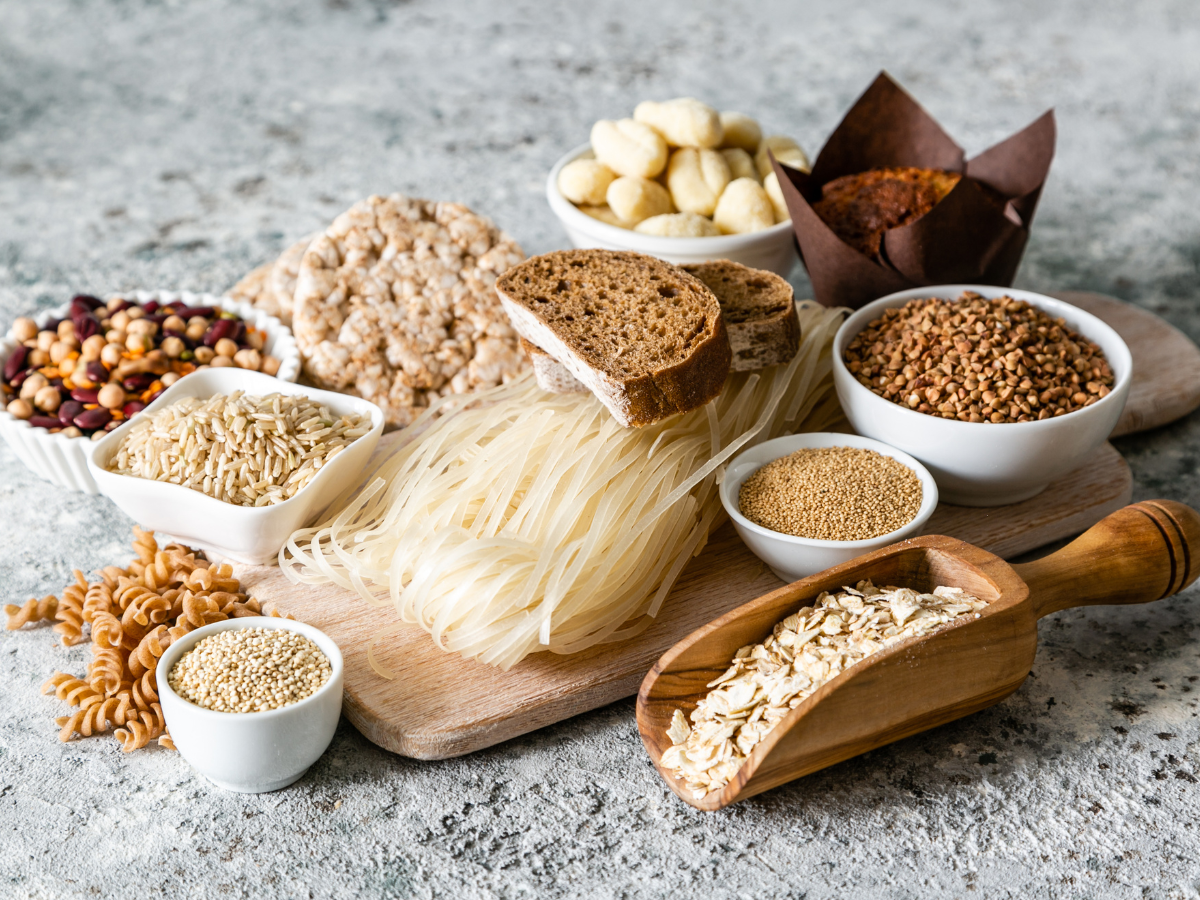In today’s blog leading food allergy and intolerance* industry expert Dr Gill Hart talks about how people develop food intolerances.
One of the most common questions that I get asked when I go out lecturing and giving talks is “How do food intolerances develop?†An interesting question, and with the estimate for those suffering from food intolerance at 45% of the population (according to Allergy UK), a question that is very relevant to many of us, and those in our circle of friends and family.
‘For food intolerances to develop something has to have changed within your body; foods that are normally eaten without ill affect have become foreign and reactive.’
What could have happened? Well there are many reasons why food intolerance can develop and the obvious place to start looking is the digestive system. Why? Well, our digestive system contains more immune cells and produces more antibodies than any other organ in the body. Our gut lining acts as a second “skin†a highly selective barrier that is in place to protect our internal environment; protecting us from harmful toxins, bacteria and incompletely digested foods, yet making sure that essential nutrients and digested foods are freely allowed into the bloodstream. This balance between an efficient passage of nutrients and the restriction of the entry of larger molecules, such as larger proteins, is critical. If the barrier fails for any reason, causing what is called “leaky gutâ€Â, this leads to an increase in the passage of allergens and larger food particles triggering multiple complex immune responses, inflammation and food intolerance symptoms. The inflammation in turn causes further damage and a vicious circle of increased gut permeability. Further reactions and food intolerance symptoms can follow.
So what can cause the damage in the first place? Well there are many factors that can be involved. This could be anything from contracting a nasty infection, to the result of taking long term antibiotics or the frequent use of painkillers. It could be the result of an unhealthy diet; high intakes of sugar, saturated fats and salt, processed and heavily refined foods, caffeine and alcohol. A poor diet combined with high levels of stress or anxiety can make the situation even worse. Of course genetics inevitably play a part too.
How then to break that vicious circle? You can make a start by identifying the foods in your diet that your body is reacting to, and then removing them from your diet. Your gut needs all the help and support that it can get. Healing the damage takes time, but can be achieved; many people have found that simple dietary changes can help break the cycle of damage to pave the way to better health.


